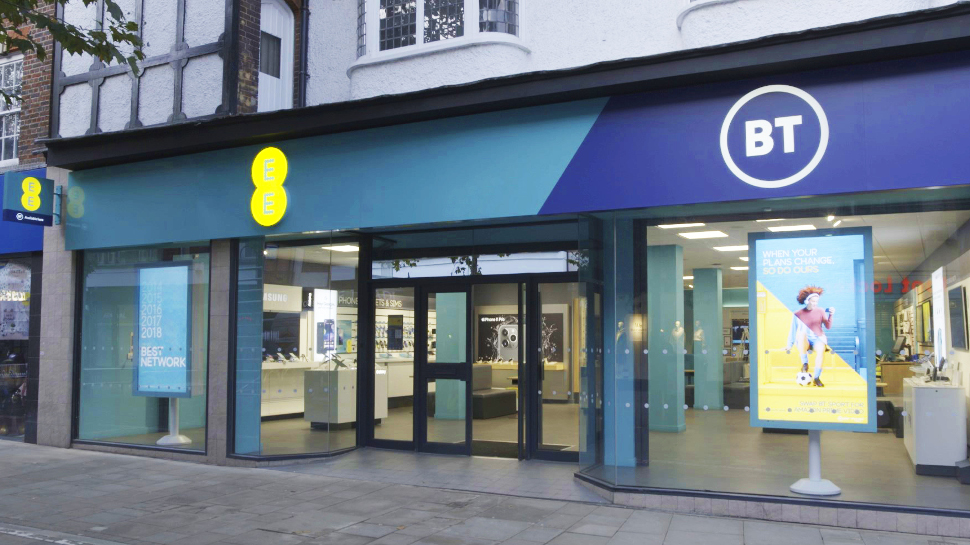BT cuts dividend to focus on fibre, 5G and business transformation
BT guards against Covid-19 and focuses on network investment

BT is suspending all dividends until 2022 as it redirects resources towards network construction, a five-year transformation programme, and to ensure minimum disruption from the ongoing coronavirus crisis.
CEO Philip Jansen said the company’s performance during the 2019-20 financial year had met expectations. Revenues fell by 2 per cent to £22.9 billion, while pre-tax profits were down slightly at £2.4 billion.
However he said the combination of market uncertainty coupled with the need to invest in 5G and fibre meant it had taken the difficult decision to suspend dividends.
- How to set up your home office
- Openreach to prioritise essential work during coronavirus
- Coronavirus: Networks offer free access to NHS Online
BT 5G fibre investments
Although mobile and broadband services have grown in importance during the pandemic, the industry has seen some business and mobile revenues fall and has found it difficult to monetise the growth in home broadband traffic.
“Of course, Covid-19 is affecting our business, but the full impact will only become clearer as the economic consequences unfold over the next 12 months,” Jansen said, adding that BT would not be providing any guidance.
“In order to deal with the potential consequences of Covid-19, allow us to invest in FTTP and 5G, and to fund the major 5-year modernisation programme, we have also taken the difficult decision to suspend the dividend until 2022 and re-base thereafter.”
It had been speculated that BT could cut its dividend last year in order to increase its network investments. The suggestion was that investors would accept the decision if they could be convinced of the long term gains. In the event, BT increased network expenditure whilst maintaining the dividend.
Are you a pro? Subscribe to our newsletter
Sign up to the TechRadar Pro newsletter to get all the top news, opinion, features and guidance your business needs to succeed!
EE’s 5G service is now available in 80 towns and cities across the UK, while its fibre to the premise (FTTP) network now extends to 2.6 million properties. The plan is to double this 5G footprint by and expand the fibre network to 4.5 million by March 2021. A long term goal is to cover 20 million premises by the end of the decade, subject to a favourable regulatory environment and necessary support.
Part of the reason the dividend was kept was because a restructuring programme had saved more than £1 billion through redundancies and office closures. ‘Phase 1’ of this programme has now been completed and Jansen is now plotting a further ‘transformation’ that will result in annual savings of £2 billion a year by March 2025.
“BT is delivering, but is also changing. BT needs to be leaner, simpler and more agile,” he said. “Today we are announcing a radical modernisation and simplification programme that will use technology to create a better BT for the future. This 5-year initiative will re-engineer old and out of date processes, rationalise products, reduce re-work and switch off many legacy services.”
It is unclear how many jobs will be at risk from the changes but BT has pledged that no employee will lose their job as a result of Covid-19. The company has not furloughed any staff, while frontline workers have been given a 1.5 per cent salary increase. Jansen himself is donating his salary to charity for six months.
- Here are the best BT broadband deals for May 2020
Steve McCaskill is TechRadar Pro's resident mobile industry expert, covering all aspects of the UK and global news, from operators to service providers and everything in between. He is a former editor of Silicon UK and journalist with over a decade's experience in the technology industry, writing about technology, in particular, telecoms, mobile and sports tech, sports, video games and media.